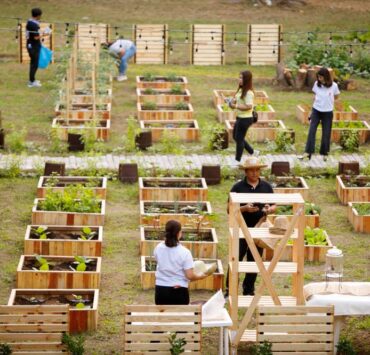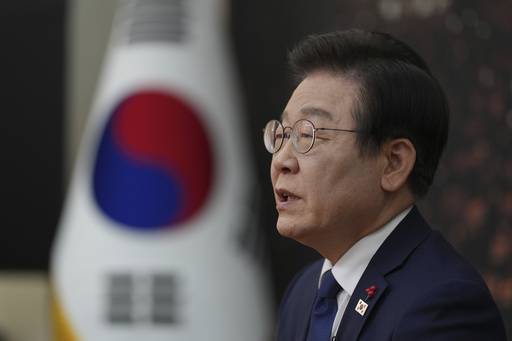Eggs came first, bounty followed: The Chengs’ journey

What came first—the chicken or the egg?
For the Cheng family, who established the popular chicken brand Bounty Fresh and roasted chicken chain Chooks to Go, there is no question—the egg came first.
That is, they started their successful chicken business by selling eggs.
Going into the poultry business was almost a 180-degree turn for the Chengs who were into construction when they decided to go into the egg business.
Kenneth Cheng, president of Fresh Group, says it was more like a hobby, at first—a change of pace from constructing edifices. The family was based in Pasay City and had not even seen farmland.
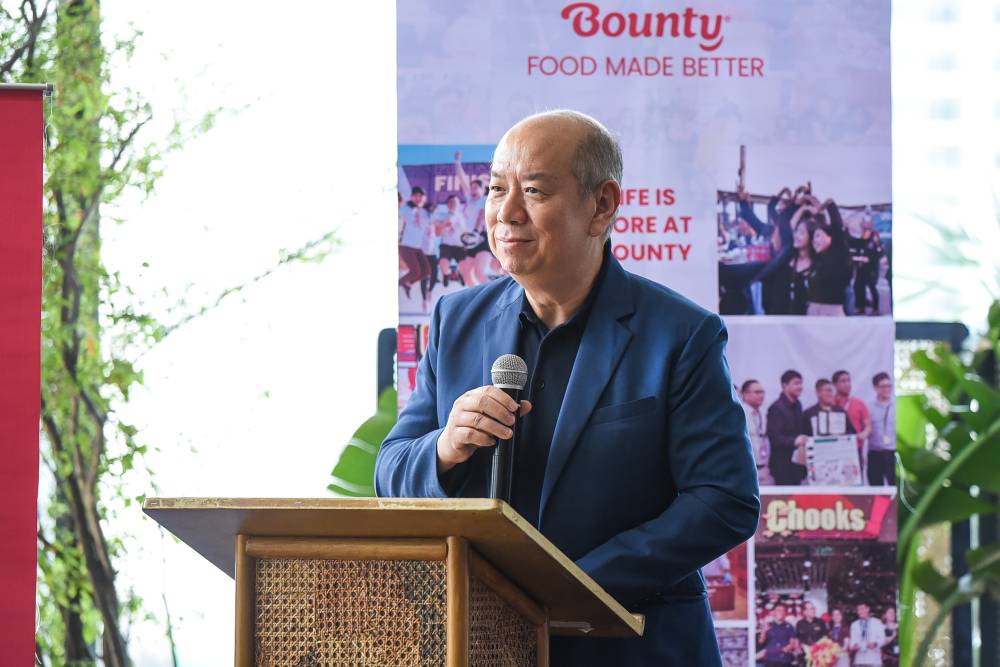
That is until they went swimming in Subic in Zambales, says Cheng. The highway to the old American naval base was still dotted with farmlands in the late 1980s and the family found the idea of going into farming interesting.
They bought a poultry farm in Santa Maria, Bulacan, which produced eggs. That one poultry house of egg layers would be the building block for Bounty, the country’s biggest egg producer, offering consumers a variety of products, including vitamin-fortified eggs.
Eventually, Bounty would expand to broiler production —it is now one of the largest chicken meat producers in the country. A piggery produces fresh pork and processed items.
Cheng credits how his parents raised a family of seven for the success of the agri-business despite their not having any background in agriculture.
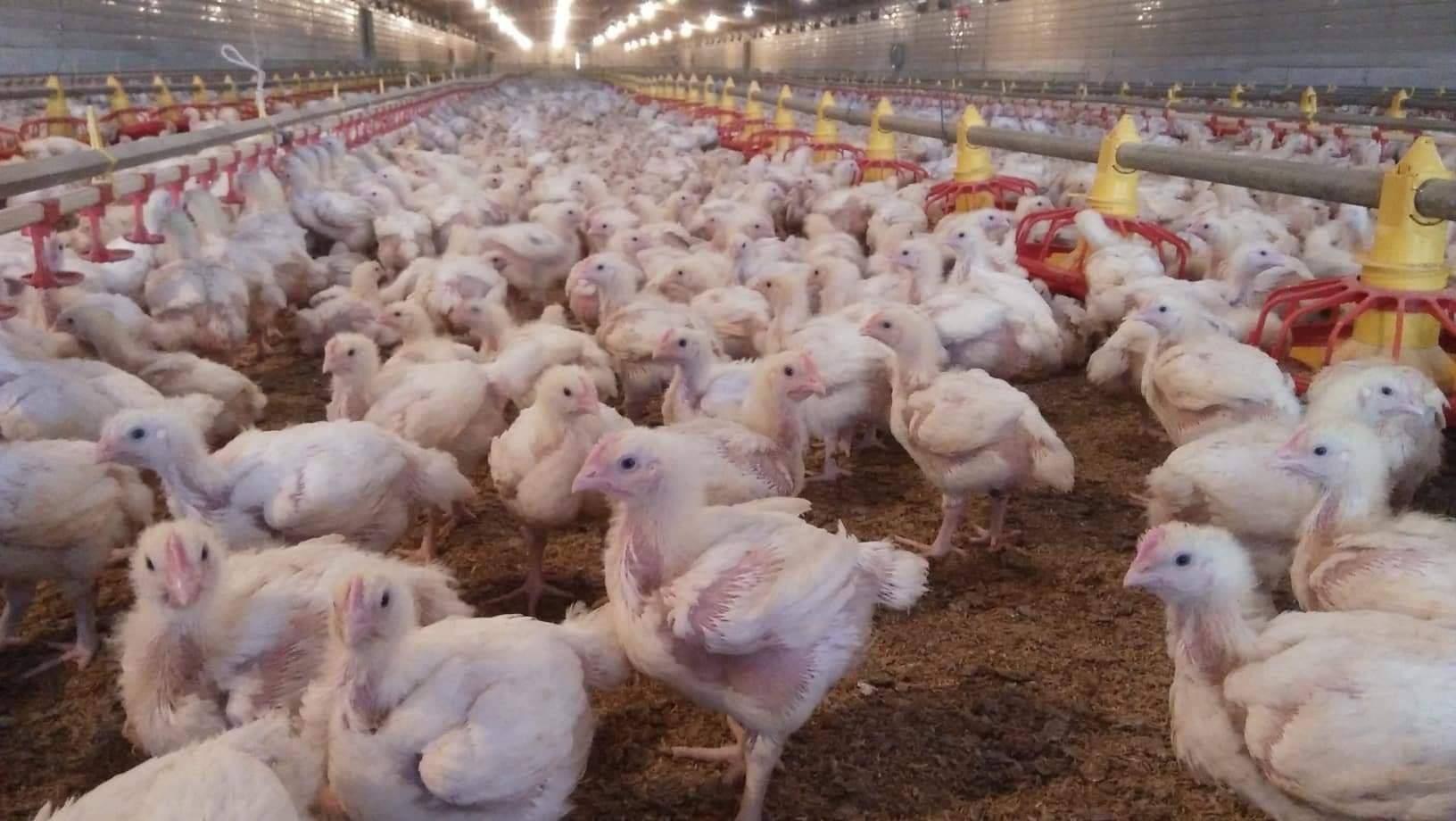
Harmonious relationship
“[My siblings and I] have a harmonious relationship because of our parents. There is family peace, prosperity and cooperation,” he says. The siblings are now all involved in the business, after briefly practicing the professions they trained for.
His parents worked together to make any enterprise they got involved in successful, Cheng says. His 95-year-old father Inocencio is the thinker. Felisa, Cheng’s mother and an accountant by profession, was the treasurer.
Cheng has used these lessons from the family dynamics in running the Fresh Group. From the very beginning, he says, he was conscious that they were coming as strangers, almost interlopers, in the farming communities they went to.
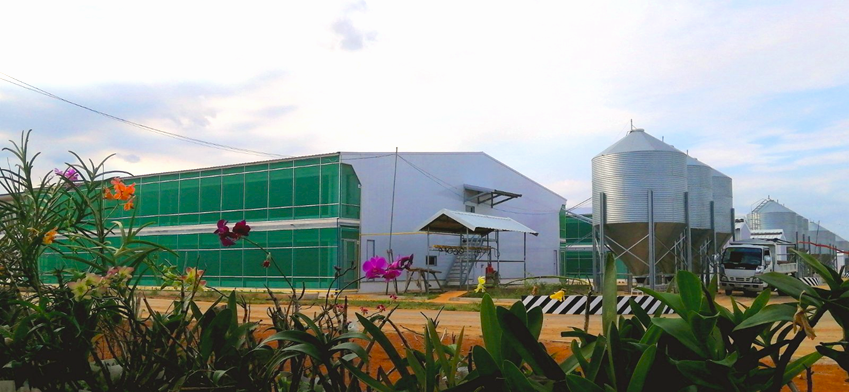
Investors may want to invest in the province but the province may not be ready for them.
He worked to establish rapport with his neighbors. A lawyer by training, Cheng, who was the first of his siblings to really get involved in the poultry business, says law actually prepared him for the job.
Running the business is about building relationships—with neighbors and host communities, workers and contract growers. Law is also about relationships, Cheng notes.
As someone who did not grow up in the province, Cheng decided he would make the family business environment-friendly and avoid any major disruptions and upheavals in the lives of his new neighbors.
He strives to nip in the bud any problem with his neighbors and resolve a situation at the community level without involving law enforcement. “You have to be good neighbors— that’s how you survive in the provinces,” he stresses.

“If you want to move to the province, the business should be sustainable” is one of Cheng’s first rules. The business should be environmentally sound. While many poultry farms have been the subject of complaints from communities because of the mess and stench they create (some had, or were ordered, to close down), Cheng has invested in state-of-the art technology to eliminate those problems.
“I am willing to go anywhere for the right technology and [to learn] best practices,” he says.
Going into a completely different field from the family’s business in Pasay, Cheng realized the need to “hire good people and find ways to keep them.” Making the company attractive to good people is one of the life lessons he has learned in running the poultry business.
He believes management does not have a monopoly of good ideas. Thus, the company holds regular “innovation” summits where any member of the staff can submit new ideas. There is also a competition for the best idea every year.
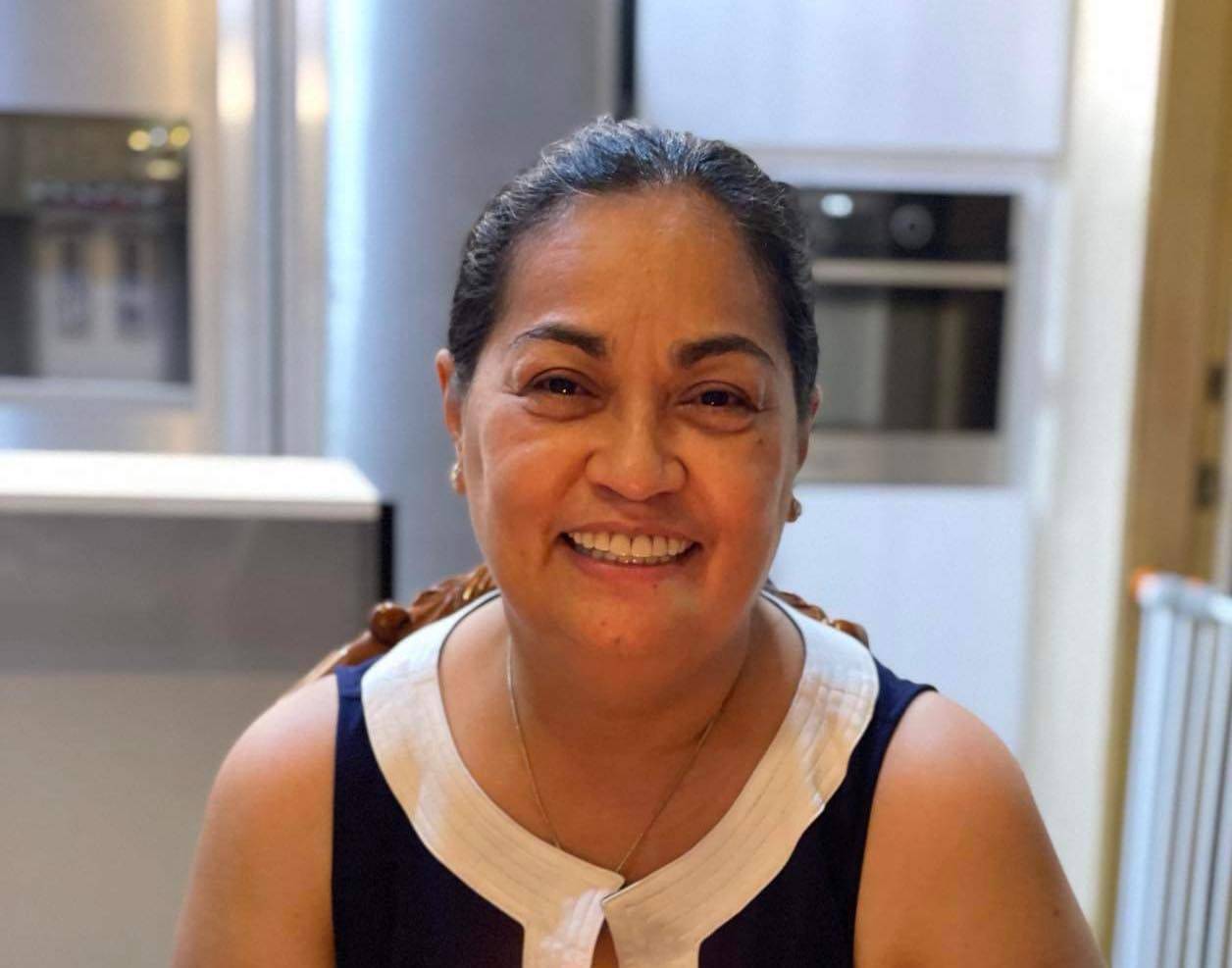
Partner-growers
The Fresh Group shares every new idea for making the poultry business more sustainable and economically viable with its partner-growers all over the Philippines. While local partners in the more than 20 places where Fresh has offices sell their products in their respective markets—those in Bicol sell to Bicolanos and those in Basilan to local residents, for instance—prices are standardized so the partners are not adversely affected by market fluctuations.
Products are also adapted to the particular preferences of the markets. Halal products are available in Muslim areas and spicy ones in Bicol. “The consumer is king,” Cheng explains efforts to adapt to market demand.
As the Fresh Group moves forward and strives to be a partner in the growth of the Philippines, the company is preparing its next set of leaders.
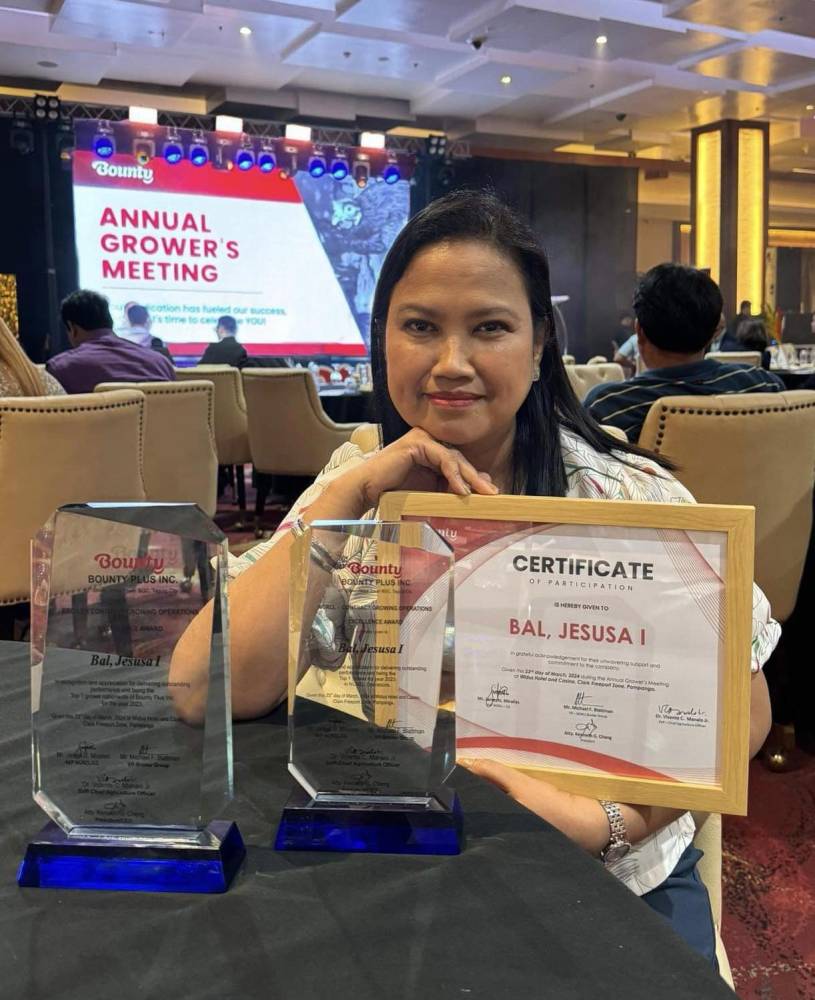
Self-sufficient
“We want to be part of the growth of the Philippines—grow with it and feed the people,” Cheng says. Instead of importing to meet the food requirements of Filipinos, he wants to help make the country self-sufficient.
To prepare for the future, he supports raising the standards in food quality and safety and, in particular, wants to make the family business multi-generational.
Cheng is not only talking about younger members of his family joining the compan—he has nephews and nieces who are now handling assorted responsibilities, although his own two children are still furthering their education -but other people involved in running the business.

The Fresh Group, according to him, has started training professional management people. It is supporting the graduate and postgraduate studies of persons expected to handle responsible positions in the future, not just financially but by adapting their workloads to allow them to focus on their school work.
“We are reorganizing the company,” Cheng says. The Fresh Group is setting in place good governance practices, choosing the right people and implementing the right policies. It also wants to institutionalize meritocracy in staff advancement and promotions.
As he steers the Fresh Group to further growth and to meet the challenges of the future, Cheng says he is not focused on competition. In fact, he welcomes having different players in the market as it helps the country achieve self-sufficiency in food.
He is more interested in ensuring that the Fresh Group is able to sustain its commitment to give Filipinos good quality products and help make their lives better.














